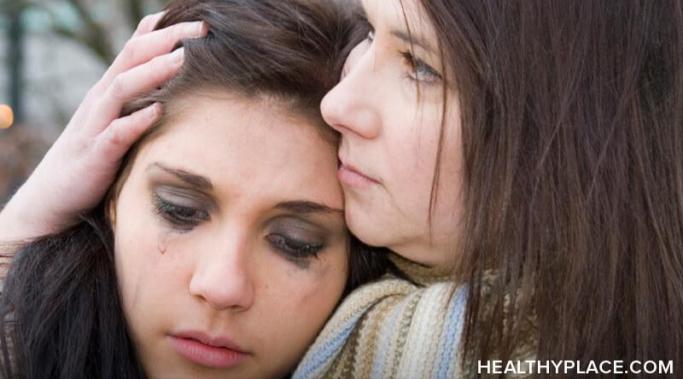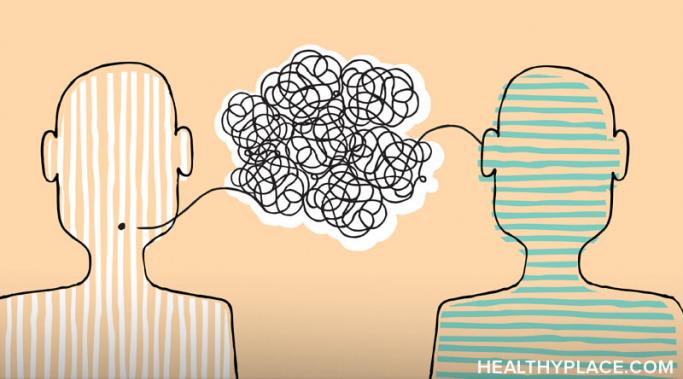Now that the holidays are over, I can sit back and congratulate myself on a job well done. I got through the holidays with lots of joy—and without having a meltdown. That can be hard for anyone, not just someone like me with schizoaffective disorder. I know the holidays are supposed to be the happiest time of the year, but all this pressure to be worry-free is one of the reasons the holidays can be so stressful, along with shopping, planning, and social commitments. Here’s how this schizoaffective got through the holidays without having a major freak-out.
Living with Schizophrenia
I don’t go to parties, as I have confided before. This is especially hard to pull off during the holiday season. I used to party when I was younger, but now I have less of a tolerance for the noise and confusion. Here’s why this schizoaffective avoids the holiday mayhem.
Lately, I’ve been cultivating what I call a philosophy of coziness to cope with schizoaffective anxiety. I got the idea from the Danish concept of hygge (pronounced hyoo-gah) which often translates to mean a certain kind of coziness. I was going to write this article on how hygge helps with my schizoaffective disorder, but I’m no expert on hygge—I literally discovered it less than two weeks ago. But hygge is becoming a springboard to create my own sense of inner coziness, and that’s helping with my schizoaffective anxiety.
I've been living with schizoaffective symptoms for 20 years. In fact, this holiday season marks the 20th anniversary of my first and only schizoaffective psychotic episode. Since I'm 39 years old, that means I've had schizoaffective disorder for a longer time than I'd lived without it. It means I've grown and changed with the illness. Not only am I a different person than I was without schizoaffective disorder, but I'm a different person than I was when I first became ill. I wasn't going to write about this, but the anniversary of living with schizoaffective symptoms is making those symptoms worse.
I've been taking a ballet class to help with my schizoaffective disorder, but still, schizoaffective anxiety almost made me leave. Exercise helps with mental health--plus, it's fun and I enjoyed ballet all through my childhood. But in my most recent class, I had a schizoaffective anxiety episode. Here's what happened.
I suffer from schizoaffective suicidal ideation. I’ve never made an attempt on my life, and I’ve never had a plan to end my life. But I think about doing so. I think about it a lot. I think about it so much that I’ve gone to the emergency room multiple times, and have even been hospitalized for schizoaffective suicidal ideation.
Having a regular sleep cycle is important, but for years after I was first diagnosed with schizophrenia and then schizoaffective disorder, my sleep cycle became completely reversed. I was up all night and asleep all day. It wasn't until a little over four years ago--just before I started writing for HealthyPlace--that I got a regular sleep cycle back in place so that I'm awake during the day and asleep at night. What a relief. Here's how I did it.
Meeting new people can be difficult. My schizoaffective disorder makes it hard for me to strike up conversations with strangers, let alone make new friends. But recently on vacation, I met a young woman who I knew could be a good friend if she didn't live so far away. For the sake of her privacy, I'll call her Gina (not her real name).
Schizoaffective disorder and marriage can go together, successfully. My husband Tom and I will celebrate our 10th anniversary in September. That's no small feat, especially when you add schizoaffective disorder into the equation. I think our best secret is patience. Here's how patience helps our marriage stay happy, even though I have schizoaffective disorder.
Listening to music really helps with my schizoaffective disorder. I try to listen to soothing music, like Tori Amos' more recent work or pretty much anything by Hope Sandoval. A lot of people have suggested I listen to "happy" music. The trouble is, I don't like a lot of happy music because it tends to be in the pop genre, although there are exceptions. Here's how music helps with my schizoaffective disorder.









